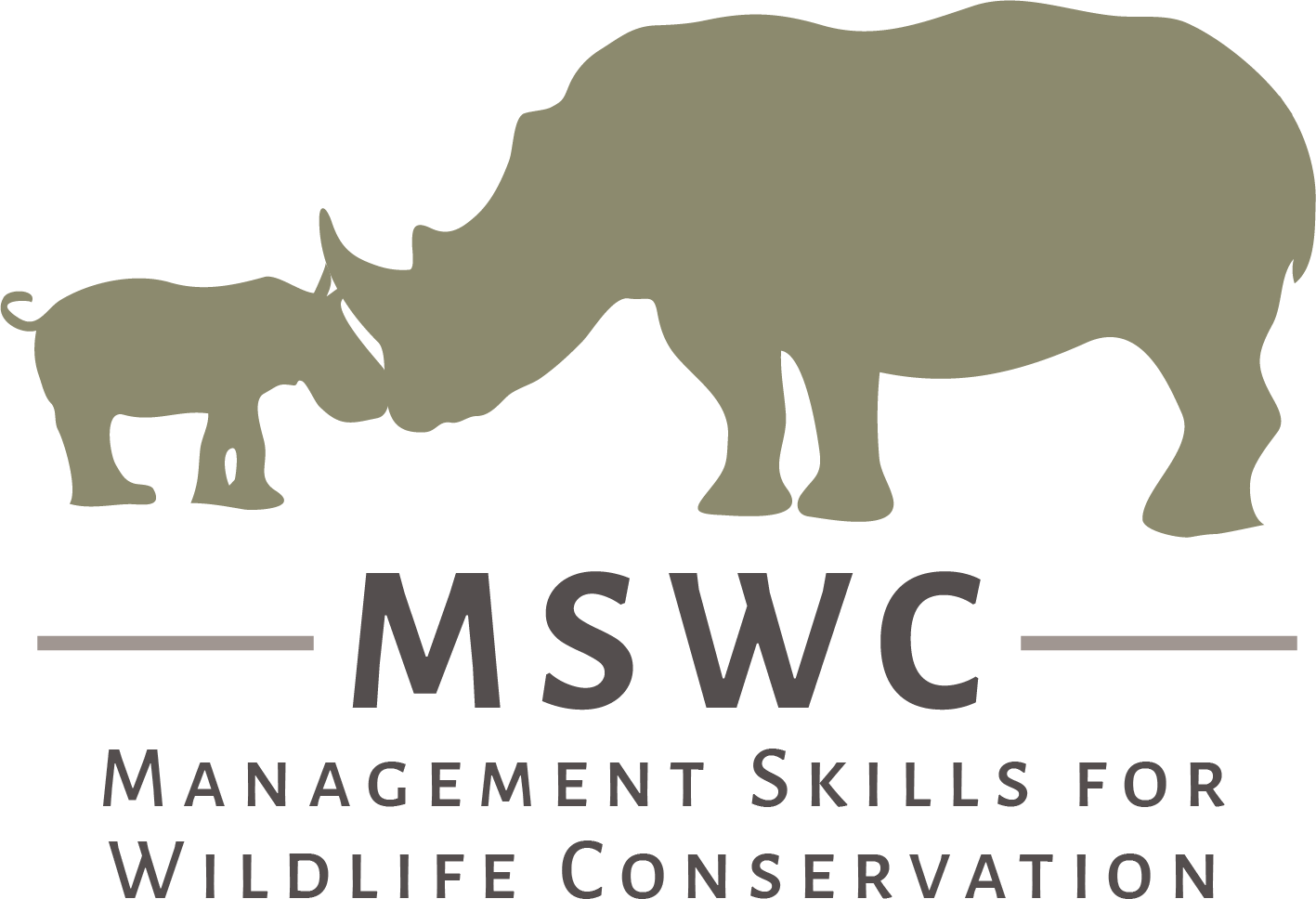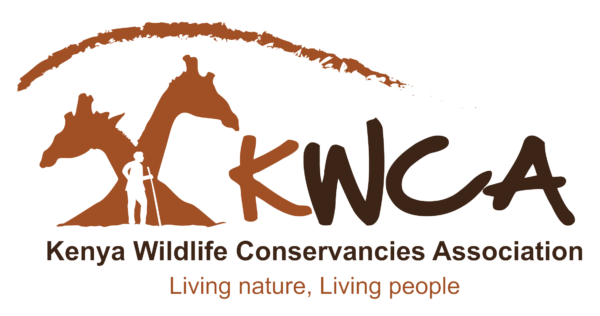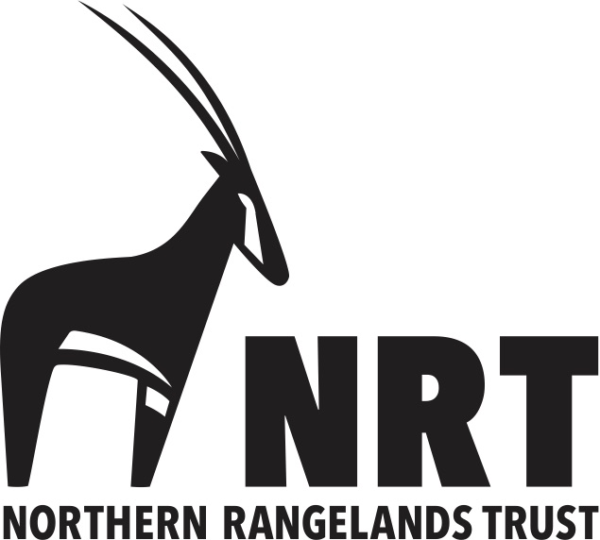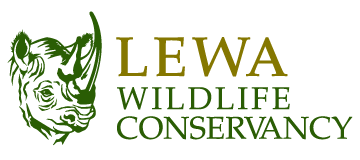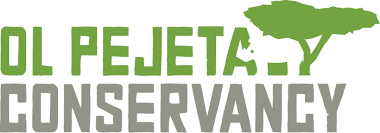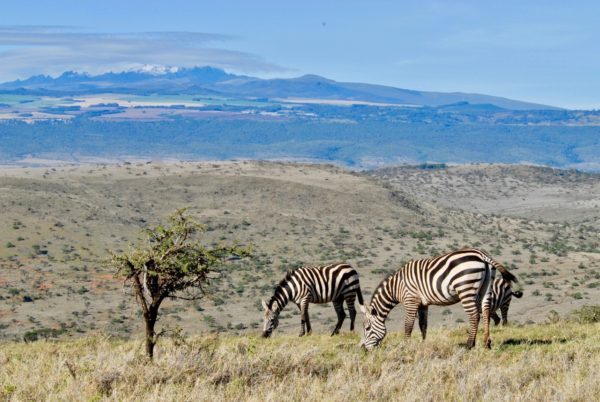
In 2016, MSWC founder and CEO Guy Pfeffermann visited Kenya’s Lewa Conservancy, a World Heritage site. In the early 1990s, its owners started to convert this formerly huge cattle ranch into a wildlife conservancy. Its main purpose was to grow the black rhino and Grevy’s zebra populations, which were nearing extinction. Nearly three decades later, the rhino population has grown to the point where some needed to be transported to other areas, as the maximum carrying capacity had been reached.
Guy sat down with Lewa’s CEO and the Chair of Lewa’s Kenya Board, and discussed management skills. In their opinion, enhanced leadership and management skills would improve the performance of conservancies leading to less poaching, more environmentally sound tourism revenues, better relations with local communities, improved government relations, and more effective fundraising. Back in Nairobi, to Guy’s surprise, no tailor-made leadership and management programs for wildlife conservancies were being offered by African business schools. Returning to his Washington DC office at the Global Business School Network (GBSN), Guy set to work.
About a year later stakeholders from academia, conservancies, foundations, business, and government convened in Nairobi for a high-level roundtable to address the management and leadership skills gaps in the wildlife conservation sector. GBSN, Strathmore Business School (Kenya) and University of Stellenbosch Business School (South Africa) participated in the event. This forum was one of the building blocks of MSWC as it strives to bring effective learning that is locally relevant to often remote wildlife conservancies, and in particular to community-led conservancies such as those in Kenya.
MSWC is committed to working towards the following United Nations Sustainable Development Goals:
Quality Education | Decent Work and Economic Growth | Sustainable Cities and Communities | Climate Action | Life on Land.
Board of Directors
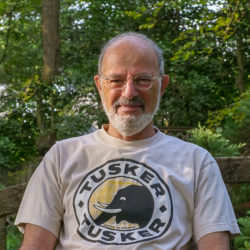
Founder and CEO Guy Pfeffermann is the former Chief Economist of the World Bank Group’s (WBG) International Finance Corporation (IFC), a role he held from 1988 to 2006. In 2003 he started the Global Business School Network (GBSN), an IFC initiative to improve management skills in the developing world. Guy retired from the WBG after 40 years of service but continued to lead GBSN through its subsequent incorporation as a non-profit organization, and continues to serve on its board.
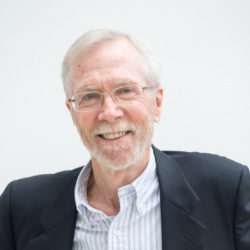
H. Landis Gabel is the Novartis Chaired Professor of Management and the Environment, Emeritus, and Emeritus Professor of Economics and Management at INSEAD. He holds a BSc in Engineering, MBA and PhD in Economics from the University of Pennsylvania, and a MSc in Economics from the London School of Economics. Landis founded INSEAD’s Centre for the Management of Environmental and Social Responsibility in 1989 and directed it until 2005. He served as INSEAD’s Associate Dean of Research from 1995 to 1998, Dean of the MBA Programme from 1998 to 2001, and Dean of Faculty and Deputy Dean of INSEAD from 2001 to 2006. Landis’ research focuses on microeconomics and public policy, in particular, industrial, trade and environmental policy. He has written or edited five books.
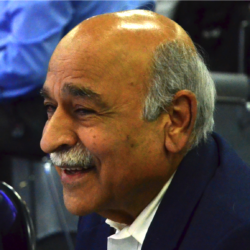
Javed Hamid spent the majority of his career at the International Finance Corporation (IFC) of the World Bank Group. At the IFC, Javed served as a member of the Management Group and Director for the East Asia and Pacific Region. He has also served as senior advisor and board member of several companies across the globe, and is a non-resident Fellow of the Brookings Institution in Washington, D.C. Javed has been a regular speaker at the World Economic Forum. From 1984-88 Javed directed the establishment of the first privately-financed university in Pakistan, the Lahore University of Management Sciences. Today, LUMS is the leading business school in Pakistan. Javed has a degree from the University of Punjab, a degree in economics from Cambridge University, and holds an MBA from Harvard Business School.
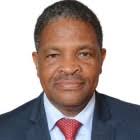
Charles Senkondo was the Executive Director of the Tanzania Global Learning Agency (TaGLA), an Executive Agency under the President’s Office Public Service Management since its establishment in 2011 and a member of the Global Development Learning network. His work brings experience of over 20 years in capacity development in creating opportunities for individuals, teams and organizations to perform at their best beyond geographical barriers through blended approaches using innovative technologies.
He held Board membership positions including at University of Dar es Salaam Bureau of Industrial Cooperation (BICO), Tanzania Library Services Board and the Global education Council. He was among the founding members and Chairman of Sharing of Other Peoples Network (SWOPnet), Secretary to the Board of Tanzania Global Learning Agency (TaGLA) and the Association of African Development Learning Centres (AADLC).
In 2018 he was listed as No. 4 among Elite Africa’s Movers and Shakers in Corporate Online Learning, a list of the one hundred most influential people in online learning in Africa published. He holds an MBA in Engineering Management from City University, London and a Bsc. in Engineering from University of Dar es Salaam. He continues to offer advisory services and plays a pivotal role in engaging communities across the globe through best fit technologies to foster knowledge sharing and linking decision makers and professionals.
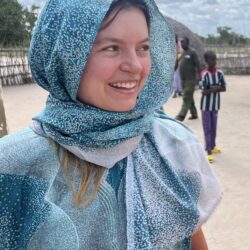
Sanne Bitter is the Strategy Director at the Northern Rangelands Trust (NRT), a membership organization serving over 700,000 community members across 45 community conservancies in
Kenya and Uganda. In this role, she is responsible for developing the NRT’s long-term vision and 5-year strategy, overseeing the implementation of the new strategic plan, setting up a private philanthropy strategy to diversify fundraising efforts, and supporting the transformation of NRT towards greater efficiency and professionalism.
Before joining the NRT, Sanne worked as a strategy consultant at the Boston Consulting Group (BCG) for 4 years. She worked on projects related to climate and nature topics, organizational change, and strategic growth. Notable projects include developing a Net-Zero Standard for the Science-Based Target Initiative, creating a strategic playbook on biofuels, and supporting the
organizational transformation of various international institutions. During this time, she was also seconded to FarmWorks, where she lead projects to improve and standardize operations across horticultural farms in rural Kenya.
Sanne holds an MSc in Global Business and Sustainability from Rotterdam School of Management and a BSc in Public Administration and Organizational Science from Utrecht University. She is a FGASA Level 1 Field Guide (South African
accreditation) and is passionate about nature – especially birdwatching.
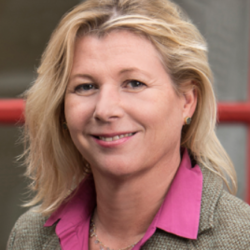
Rebecca Stromeyer is Managing Director and Founder of the media company ICWE GmbH, as well as a co-founder and co-owner of ICEF GmbH (since 1991), the recognised global leader in international student recruitment.
She is Co-Founder and the Conference Chair of the flagship conference of the OEB Global conference series since 1995 and has played a leading role in the conference series’ ongoing success. The annual conference is the leading global cross-sector conference on technology supported learning and training and is regarded as the key networking event of the international e-learning industry, which brings together 2300+ experts and practitioners from 80+ countries.She is the Founder of the eLearning Africa annual conference and exhibition series which was launched in 2005 and is attended by over 1,000 delegates from across Africa. In 2012 she launched the eLearning Africa Report, a leading source of news, information, and analysis about ICT, EdTech, digital technology, learning, training and skills development. She is Chair of the charity East Trust, which focuses on technology-enhanced learning and training in Africa, Vice-Chair of the Board of the Global Business School Network, a founding board member of the International Council on Badges and Credentials, and a Council Member of the Drucker Society. Between 2010 and 2014 she was a board member of the Global Development Learning Network, which has 120 affiliates in 80 countries.
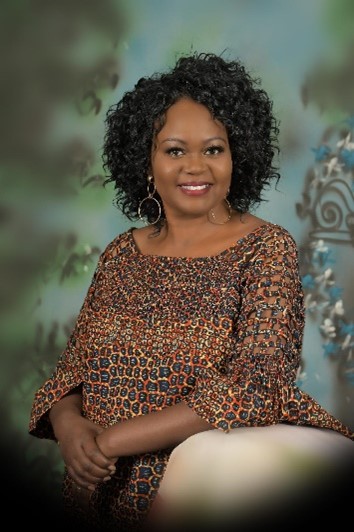
Dr. Margaret Otieno is a conservation educator and CEO/National Coordinator of Wildlife Clubs of Kenya. She holds a PhD in Climate Change and Education for Sustainable Development and an MSc in Environment and Development.
Margaret serves on the boards of several national and international organizations including Conservation Alliance of Kenya (CAK) and Elsa Conservation trust. She is the Deputy Chair of IUCN CEC, the commission whose mission is to mobilize people all over the planet for a world committed to protecting nature now and in the future. Dr. Otieno was awarded the International Brandwein medal for environmental education in 2020 in recognition of her commitment to education, life-long learning, nature and community.

Patrick Klemz has been practicing corporate and nonprofit law for more than 10 years and is currently Vice President of the Washington, D.C. law firm Quinn, Racusin & Gazzola Chartered. Patrick represents nonprofits operating in spaces ranging from the arts and sciences to community building and poverty alleviation.
Patrick has a particular interest in wildlife conservation and public resource management stemming from his pre-law career as an environmental issues and politics reporter in San Luis Obispo, California and Missoula, Montana. During this time, Patrick received honors for best environmental reporting from the Society of Professional Journalists. Patrick also currently serves on the board of directors for an organization conducting research in urban forestry. Patrick has previously served on the board of directors for a low-income housing cooperative. He is a former AmeriCorps service member, having served with a community-building organization on the South Side of Chicago.
Advisory Board
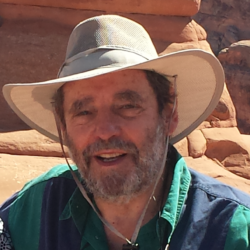
Alan Gelb is a senior fellow at the Center for Global Development. His recent research includes aid and development outcomes, the transition from planned to market economies, the development applications of biometric ID technology, and the special development challenges of resource-rich countries. He was previously Director of Development Policy at the World Bank and Chief Economist for the bank’s Africa region and Staff Director for the 1996 World Development Report “From Plan to Market.”
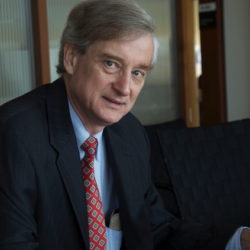
Frank Lysy retired in 2010 from his position as the Chief Economist and Director of the Economics and Policy Group of the World Bank’s Multilateral Investment Guarantee Agency (MIGA). Prior to joining MIGA in 2004, Frank held several leadership positions at the World Bank. He played a seminal role in launching the Global Business School Network. Frank started his career teaching Economics at The Johns Hopkins University. He holds a Ph.D. in Economics from Stanford University, and a BA in Economics from Princeton.
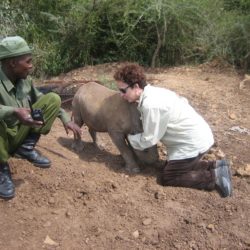
Irene Crowe is the President and founder of the Pettus-Crowe Foundation which supports animal sanctuaries in a variety of countries such as Kenya, the Caribbean and the United States. She has been actively involved with the Humane Society Wildlife land Trust, Animal Grant Makers and other non-profit organizations. Irene studied politics, philosophy, and economics at Oxford University. After she acquired her doctorate she taught in the areas of sociology and biomedical ethics. Irene is an Honorary Fellow of the Oxford Centre for Animal Ethics.
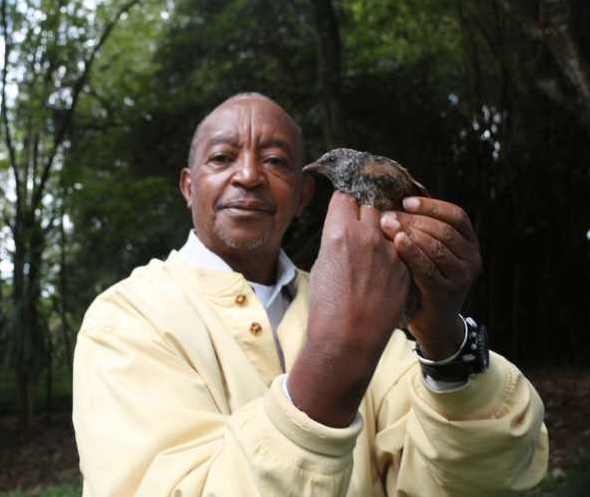
Jagi Gakunju was born into a pioneering Kenyan family. His first memories are of the concentration camp where his family members and other Nyeri residents were interned during the Emergency. After independence, he graduated from the University of Nairobi with a Batchelor of Arts (BA-LLB), later being admitted as an Advocate in the High Court of Kenya. Jagi has over 3 decades of experience in professional leadership positions. He has been a Director of the Insurance Institute of Kenya, served as Group CEO of AAR Holdings Ltd, East Africa’s largest healthcare organization, and was a member of the task forces setup to develop the draft National Social Health Insurance Act in Kenya and The Social Health Insurance Fund in Tanzania.
Jagi has always loved nature. He has climbed Mt. Kenya 14 times. In 1991, the keen ornithologist founded Wajee Nature Park—Nyeri, home of the endangered Hindes Babbler. Roughly 120 species of birds have been recorded there and the Park has been registered as one of the official Important Bird Areas (IBA) of the world. In 2009 he established the Wajee Mara Camp, an echo camp in Lower Siana—Maasai Mara Area. Jagi holds numerous wildlife and conservation affiliations, he is Director & Chairman: Africa Fund for Endangered Wildlife (AFEW); Trustee Director – Friends of Conservation (FOC); Council Member of Wildlife Clubs of Kenya; Founder member and Patron of Uvumbuzi Club; Director – Friends of Nairobi National Park (FONNAP); Director–Soysambu Conservancy Limited; Present Chairman Riverine Nature Reserve.
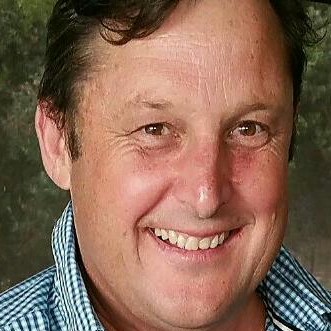
Mike Cawood is passionate about learning and how it enables development and sustainability especially on the African Continent! His passion inspires innovation.
Never backing down on new challenges, he has successfully engineered and delivered countless learning and development projects for large public sector organisations and multinational corporations across multiple continents over the last 22 years.
Mike has held senior level positions in the leadership, development and learning functions for BP International in London. In 2010 he returned to South Africa where he started a successful learning technology company which provided learning technology products and services across Africa.
Having spent a great deal of time in the African bush and various African countries Mike is very aware of the challenges facing two of Africa’s main assets…its people and wildlife. In order for wildlife to survive people need to live in harmony with the animals and this can only be achieved by equipping and developing communities with the right skills which will allow them to diversify and eventually control their own destiny.
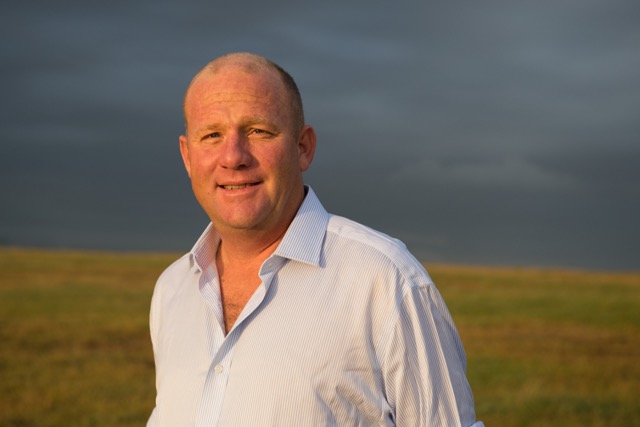
Richard Vigne was born and raised in Kericho western Kenya, as the son of a tea planter. Richard is a conservation practitioner with more than two decades’ experience in Africa, having studied Zoology at Newcastle University and thereafter worked as the operations manager for a safari company in Uganda and western Zaire. In 1994, Richard returned to the UK to complete a Master’s degree in Management for Agricultural Development prior to developing the Ol Pejeta Conservancy –– now East Africa’s largest sanctuary for black rhinos –– in Laikipia Kenya, where he served as CEO until August 2021. In January 2022, Richard was appointed as the first-ever Executive Director of The African Leadership University’s School of Wildlife Conservation. Richard is a keen fisherman and scuba diver and is fluent in Swahili.
Partners

